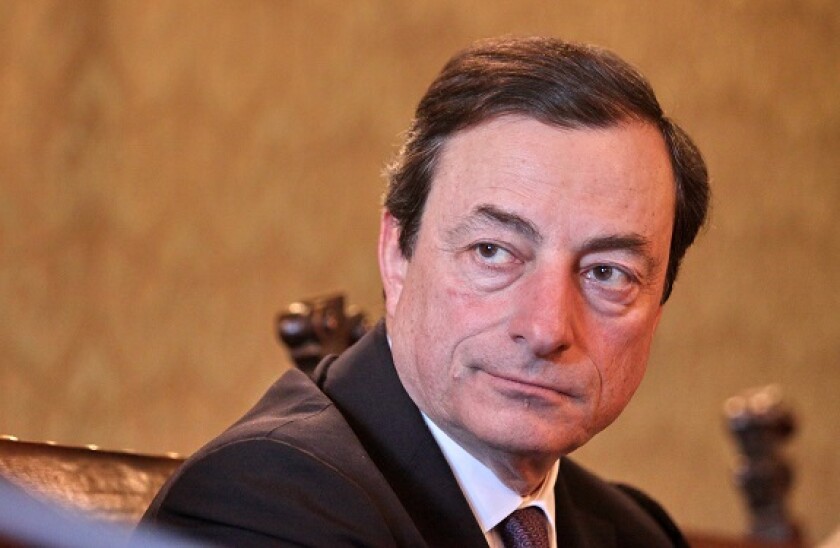Draghi’s early overtures to the Five Star Movement appear to have gone down well, with leader Matteo Salvini suggesting that he would be willing to form a government with ex-ECB boss at the helm.
However, forming a government is only the first of Draghi’s tasks. The previous government was brought down by a squabble over the way to spend the €200bn Italy is set to receive from the EU’s Recovery and Resilience Fund.
Building a national recovery and resilience plan that can garner the requisite support is a big ask. His preference will likely align with that of the European Commission: structural reforms, investment in human capital, and green and sustainable infrastructure spending.
But such projects may not find support with more populist movements like Five Star, which pushed to include tax cuts in the plan.
If Draghi is to form a government, and command sufficient support to present a plan, he will have to make some concessions to the populists. If he doesn’t, the plan will stall, delaying much needed disbursements to Italy and Draghi will likely be replaced.
But if he does capitulate, a populist recovery and resilience plan would be unpopular at the EU level. Of course, a skilled navigator of EU bureaucracies like Draghi would likely be able to swing it, particularly since the European Parliament has very little say over what happens.
Markus Ferber, MEP and coordinator of the European parliament’s economic and monetary affairs committee, said member states wanted “a paybox to finance their national wish lists, and the eventual compromises come far too close to such an arrangement”.
But if Draghi does not hold the line against the populists, and produces a recovery plan without major reforms, the Commission’s few teeth will have been pulled. Member states are always on the lookout for what Italy can get away with, knowing that where it goes, they can follow.
The rest of the EU will simply submit their own national wish lists for EU support, and much of its ambitious agenda of green growth and productivity enhancing reforms will fizzle out before getting started.
If that happens, when the EU’s multi-annual financial framework is once again up for discussion in six years’ time, the recovery fund will not have the proud track record that it should. Officially, the EU’s power to borrow is limited to funding the recovery from this crisis, but many both in and out of the EU’s upper echelons hope and expect that this capability will become permanent.
The Frugal Four — Austria, Denmark, the Netherlands and Sweden — who opposed the notion of the EU debt financing a recovery plan from the first, will be able to point to the fact that the grants were frittered away without contributing the promised growth.
The EU surrendered full oversight of the way its recovery fund is used. If Draghi is not able to exert his own influence to curtail some of the excesses of the populists, then Ferber will be right and the recovery fund will be little more than a debt-financed slush fund.
It will be hard to justify the EU's new debt pile under those circumstances. Unless Draghi stands firm, the chances of the EU retaining its status as a major borrower are slim at best.

